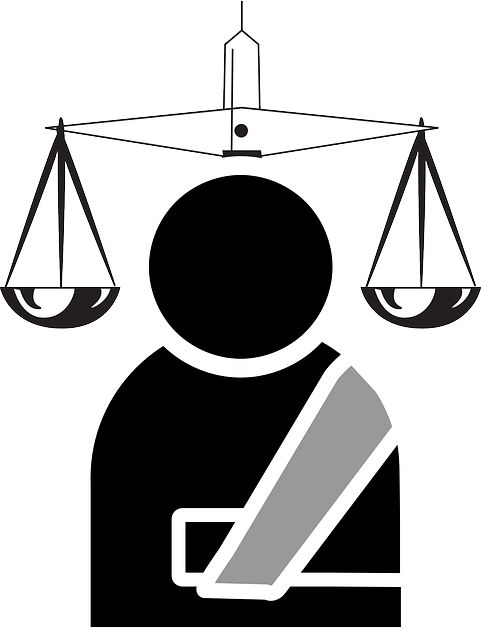Pain and suffering are key factors in personal injury cases, impacting final settlement amounts. Orlando accident lawyers advocate for maximum injury compensation, including long-term effects like chronic pain, reduced mobility, and psychological trauma. Mental anguish assessments consider emotional suffering, duration, and required treatments. Maximum compensation for severe, lasting mental distress can be significantly higher. Understanding legal complexities and presenting robust evidence is crucial to secure fair settlements or verdicts, especially in wrongful death cases.
Pain and suffering are significant factors in determining injury compensation. This article explores how these intangible aspects impact claims, delving into the complex interplay between emotional distress and financial redress. We examine the evaluation of mental anguish, considering various factors that influence compensation amounts. By understanding the legal considerations and strategic approaches, individuals can maximize their pursuit of maximum injury compensation for both physical and psychological injuries.
- Understanding Pain and Suffering in Injury Cases
- Factors Influencing Compensation for Mental Anguish
- Maximizing Injury Compensation: Legal Considerations
Understanding Pain and Suffering in Injury Cases

Pain and suffering is a complex aspect of personal injury cases that significantly impacts the final settlement or award. When an individual experiences pain, both physical and emotional, as a result of someone else’s negligence, it becomes a critical factor in determining their compensation. This element goes beyond the tangible costs of medical treatments and rehabilitation; it encompasses the overall impact on an individual’s quality of life.
Injury victims may face long-term consequences, including chronic pain, reduced mobility, and psychological trauma. An Orlando accident lawyer often focuses on these intangibles when advocating for their client’s maximum injury compensation. Medical malpractice compensation, for instance, should reflect not only the initial injuries but also the ongoing care and any permanent disabilities resulting from the incident. Similarly, in slip and fall cases, the assessment of pain and suffering can vary greatly depending on the severity of the fall and the subsequent injuries sustained.
Factors Influencing Compensation for Mental Anguish

When determining the value of mental anguish in personal injury cases, such as those involving a car crash or truck accident, several factors come into play. Mental distress is often subjective and can vary greatly from person to person. A skilled car crash lawyer will consider the extent and duration of emotional suffering, including any psychological treatments required.
The impact of mental anguish on an individual’s daily life and overall well-being is crucial in calculating maximum injury compensation. This includes the loss of enjoyment of life, ability to work, and social interactions. In cases where the mental distress is severe and long-lasting, personal injury compensation can be significantly higher, reflecting the profound effect it has had on the victim’s existence.
Maximizing Injury Compensation: Legal Considerations

When pursuing maximum injury compensation, understanding legal considerations is paramount. The value of an injury claim is often determined by a multifaceted analysis that goes beyond mere medical costs and lost wages. Courts consider the severity and lasting impact of injuries, as well as the emotional distress associated with pain and suffering. This includes mental anguish, loss of quality of life, and any long-term disabilities or disfigurements.
Legal strategies for maximizing injury compensation involve presenting a comprehensive case that outlines the full extent of the harm suffered. This may include expert medical testimony, rehabilitation reports, and evidence of non-economic damages—all aimed at securing a just and equitable settlement or verdict in the injury claim, especially in cases of wrongful death.
Pain and suffering are significant aspects that impact the overall value of an injury claim. By understanding the nuances of mental anguish and its influencing factors, individuals can navigate the legal process more effectively. Recognizing the intricate relationship between these elements and the potential for maximizing injury compensation is crucial. Through a comprehensive approach that considers both physical and emotional distress, individuals can ensure they receive fair and adequate restitution for their injuries, ultimately achieving the maximum injury compensation possible.






